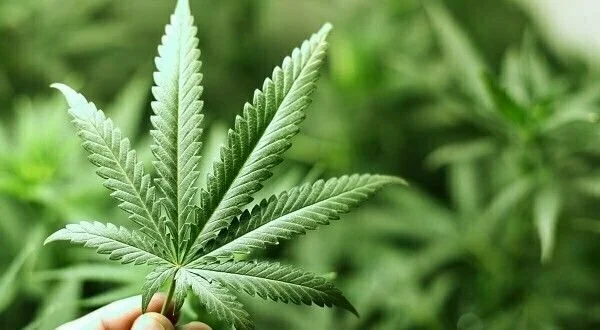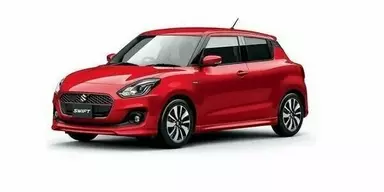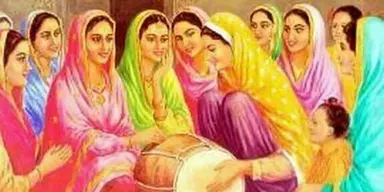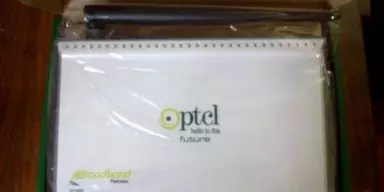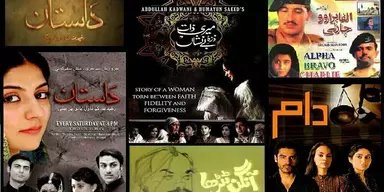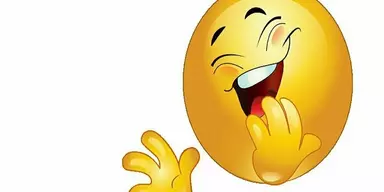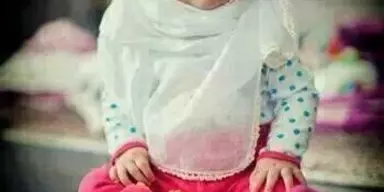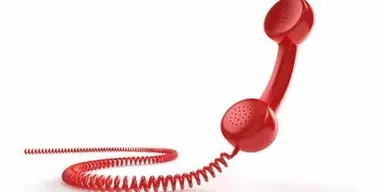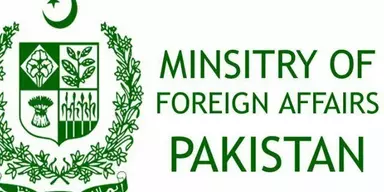Charas, also known as hashish in English, is a form of cannabis that is handmade in Asian countries. It is composed of a resin of cannabis plants. The plant of Charas grows throughout Asian countries particularly along the stretch of Himalayas. Even in some parts of Pakistan, it is an important cash crop for the local people as well. Many people think of Charas and Hashish stands for the same things, but the main difference between these two is that Charas is made from a live one and hashish are made from dead cannabis. High-Quality Charas in Pakistan comes from cannabis grown in the mountains.
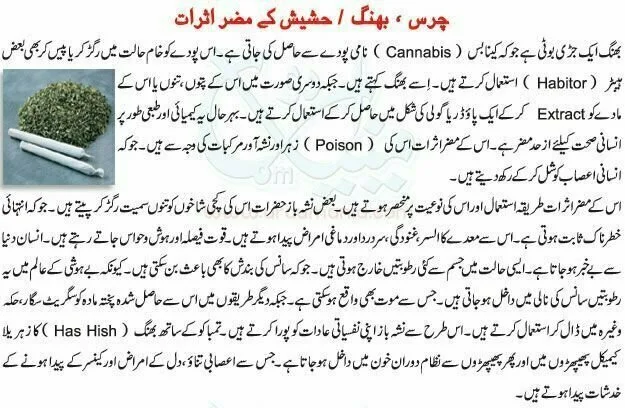
The rise of Charas and Charsi culture is gradually increasing in Pakistan. Even students are now the regular consumer of Charas. The Charas and Hashish addicts, 50 percent being youth, belong to the so-called educated and well-off families. Consumption of Charas is so common and viral in Pakistan that it is no more considered a drug. Charsi even called it the drug mendicants. People in Pakistan are taking it as fun. Every young girl and college and universities girl’s students even consume hashish to smoke away their boredom. Drug addicts, particularly Charas smokers, converged in universities, private hostels and at shrines to enjoy consuming variety of drugs.
According to World Health Organization, groups of teenagers in Pakistan are involved in street crimes, and drug addiction among them is on the rise in and around the provincial metropolis. The increasing number of youth Charas consumers is involvement of youth in criminal activities, parental negligence, poverty, lack of healthy activities, depression, unemployment, easy access to drugs and legal hindrance. Consuming Charas affects the brain, caused insomnia, violent behaviour and the addicts lost weight due to losing appetite. An addict to Charas consumes six to eight hashish laden cigarettes in a day.

Generally, anti-narcotic laws do not strictly enforce a ban on the sale of hashish and other drugs of the same families like cannabis, Charas, bhang, garda and weed. All of these are widely available in Pakistan, and almost anyone who wants then can get them from a local dealer without too much hassle.
According to the 2018 joint report of United Nations Office on Drugs and Crime and Ministry of Narcotic Control Pakistan, Charas was the country’s most commonly used drug. Almost seven million people or nearly sixty percent of the youth population of the country used Charas and Hashish. Prevention is better and easier than treatment when it comes to managing addictions. Pakistan is extremely deficient in trained physicians who can treat this addiction and effectively run detoxification or rehabilitation centres. There are severe stigmas associated with the consumption of these drugs use and these prevent people from getting the required psychiatric help to get rid of substance addiction. Comparatively, it is relatively easy to prevent drug use by educating the people through awareness campaigns, particularly young adults. Awareness camps and seminars in the country, particularly in educational institutes, could be a good starting point as many students think of using Charas is no big deal and not that harmful.

